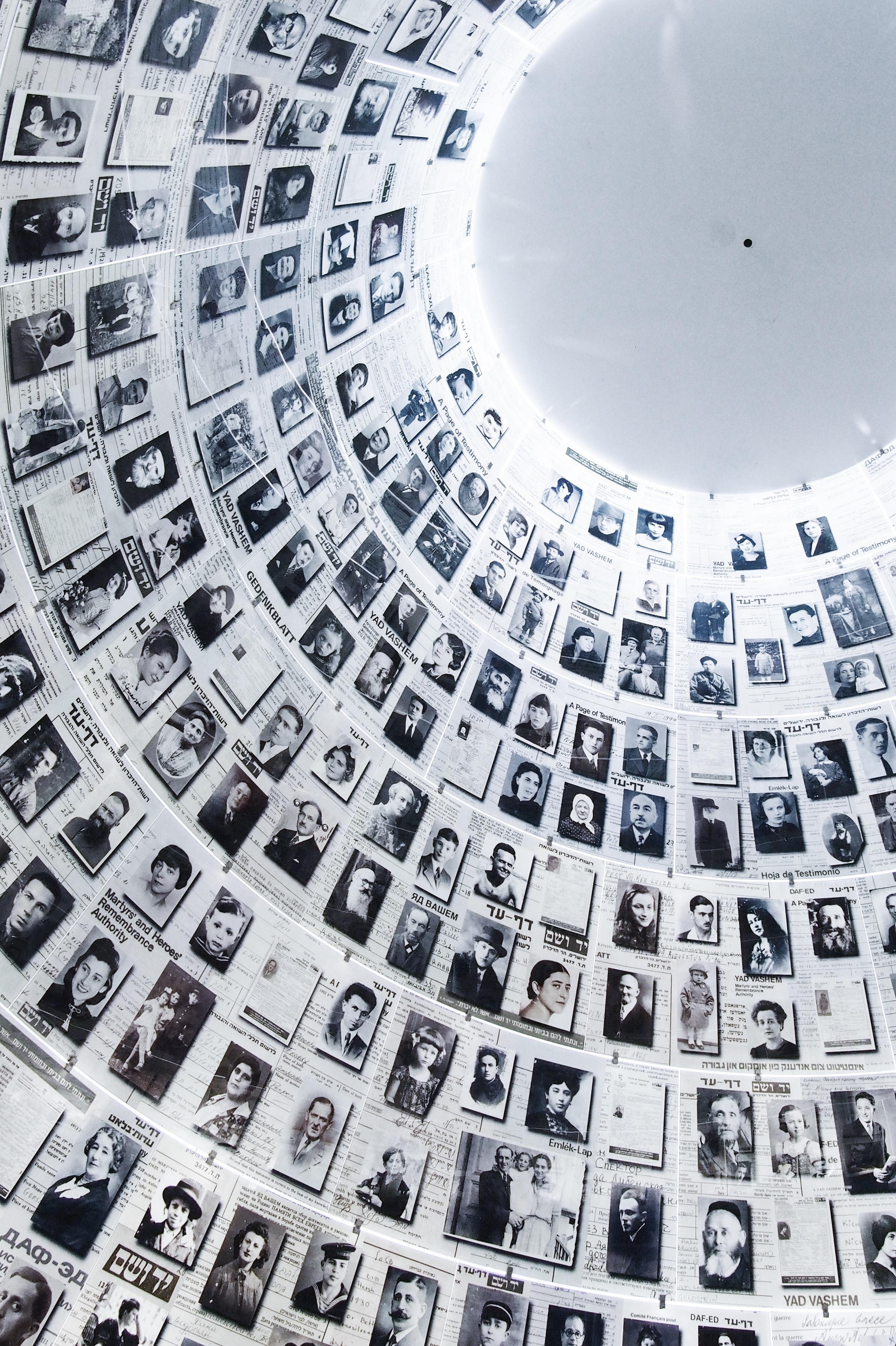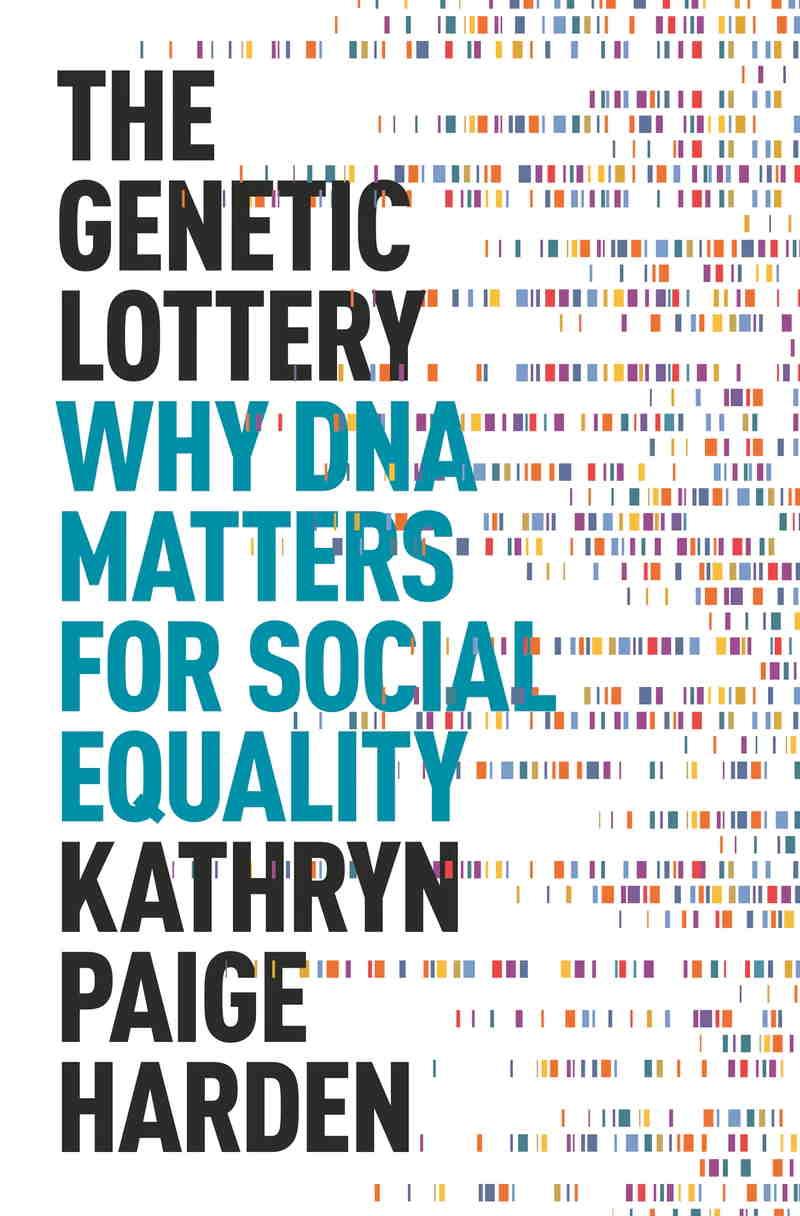Arts & Culture
From Aldous Huxley’s classic 1932 novel Brave New World to films like GATTACA (1997) and TV shows like Orphan Black (2013-17), popular culture profoundly influences how we understand the potential impacts of emerging biotechnologies. Art and popular culture can stimulate reflection on how new technologies, if they are embraced uncritically, might exacerbate existing inequalities.
Aggregated News
The techno-utopian finale of the new Netflix docuseries celebrates a feat of "gene editing" that is anything but.











